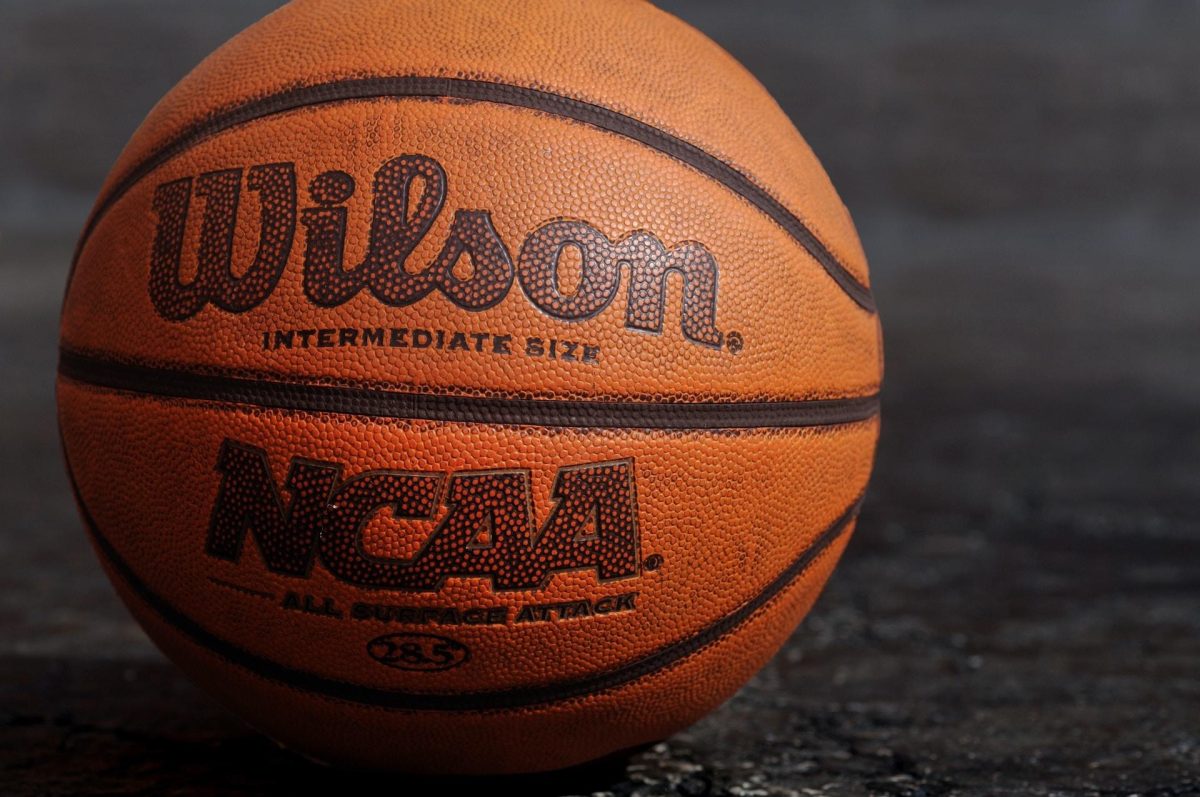As spring approaches, a palpable buzz begins to build across the United States, heralding the arrival of an event that grips the nation with a fervor akin to a grand holiday. The term “March Madness” conjures images of nail-biting finishes, underdog triumphs, and an all-consuming passion for college basketball. Yet, to reduce it merely to a sporting event is to overlook the vast cultural tapestry that it weaves into American society.
From office pools to social gatherings and the collective anticipation of the NCAAB betting odds, March Madness transcends the hardwood floors of basketball courts to become a unifying national spectacle.
The Historical Tip-Off
Rooted in history, March Madness has evolved from a modest eight-team tournament in 1939 into today’s sprawling bracket that enlists 68 collegiate teams. Initially intended as a simple competition, its growth mirrors the burgeoning love affair between America and basketball. The narrative is rich with stories of unexpected heroes and titanic struggles, all contributing to a legacy that rivals any folklore. This historical context provides a backdrop for understanding how a sports tournament can embody the hopes and dreams of players and fans alike.
The Social Fabric of Fandom
The phenomenon of March Madness weaves itself into the very social fabric of the nation. Colleagues bond over bracket predictions, while families and friends gather around screens, united by their allegiances or rivalries. It is a festival of sorts, encouraging camaraderie and conversation, often spilling over into workplaces and schools. The tournament thus serves as a catalyst for community building, connecting people from diverse backgrounds through their shared love of the game.
Cinderella Stories and Cultural Lore
Part of the allure of March Madness lies in the potential for so-called “Cinderella stories,” where lesser-known schools defy the odds and capture the public’s imagination. These narratives are not merely about basketball—they tap into the universal theme of the underdog surmounting obstacles, resonating with our own life experiences. Over the past few years in the men’s tournament, underdog schools like St. Peter’s, Fairleigh Dickinson, and Princeton have made headlines by taking down giants like Kentucky, Purdue, and Arizona. Such stories enrich the cultural lore of the tournament and inspire new generations to dream big, both on and off the court.
Economic and Advertising Slam-Dunks
The economic impact of March Madness cannot be overstated. It generates considerable revenue through advertising, ticket sales, and merchandise. Cities hosting the games enjoy a significant boost in tourism, while broadcasters and advertisers capitalize on the millions of eyes glued to screens. The tournament has become a marketing mecca, with companies vying for the attention of a captivated audience, further solidifying the event’s status as a cultural cornerstone.
The Betting Phenomenon
Amidst the cheers and strategizing, one cannot overlook the role of NCAAB betting odds in the March Madness experience. Betting pools become a staple of the season, adding another layer of excitement and engagement for fans. While the act of wagering is often contentious, it also contributes to the tournament’s intrigue, creating a subculture of statistics, predictions, and friendly competition that adds depth to the viewer’s experience.
Education and Athletic Excellence
Finally, at its core, March Madness is a celebration of student-athletes who balance their academic commitments with the pursuit of athletic excellence. The tournament shines a spotlight on these young individuals, many of whom will never play professionally but who nevertheless contribute to the rich tradition of collegiate sports. Their dedication and hard work reflect the educational values that the tournament ultimately represents.
Conclusion
March Madness is more than just a series of basketball games; it is a cultural phenomenon that captures the American spirit in all its complexity. It is a time when the nation comes together to witness the drama unfold, creating memories and legacies that extend far beyond the final buzzer. As the brackets are drawn and the teams take to the court, one thing is certain: March Madness is a cultural touchstone, a testament to the power of sport to unite and inspire.



